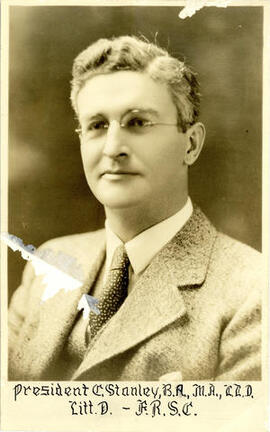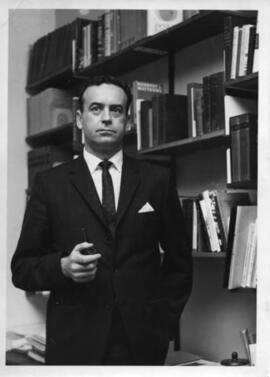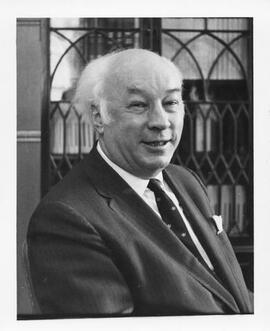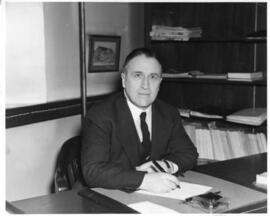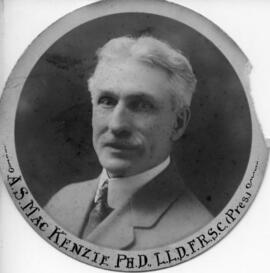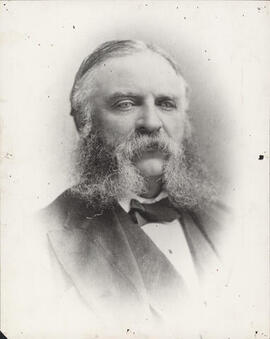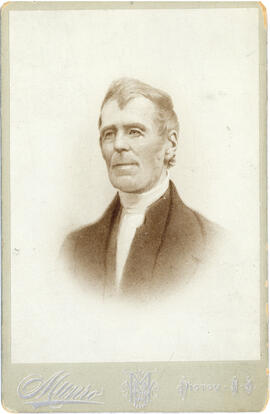- Person
- 1907-1987
Electa MacLennan was the first director of Dalhousie School of Nursing, serving from 1949-1972. She was born in Brookfield, Nova Scotia, on March 31, 1907. Despite being kept home from school in the tenth grade to learn the art of homemaking, she skipped a grade on her return. She earned a BA from Dalhousie, where she was active in the choral, biology and dramatics clubs. After training at the Royal Victoria Hospital School of Nursing in Montreal, she earned a diploma in Teaching in Schools of Nursing from the School for Graduate Nurses at McGill University, followed by an MA in Public Health Supervision at Columbia University.
MacLennan became a staff nurse with the Victorian Order of Nurses (VON) in Montreal, taught in the School of Nursing at the Vancouver General Hospital, and then returned to the VON in Montreal as a supervisor and later as National Office Supervisor for the Maritimes. She was the assistant secretary of the Canadian Nurses’ Association in 1942, and assistant director of the Faculty of the McGill School for Graduate Nurses in 1944. Hired at Dalhousie in 1949, she was responsible for launching the university's first nursing program. During her tenure, she created annual Nursing Institutes sponsored by Dalhousie and organized in-service education programs in Nova Scotia hospitals. She was appointed an associate professor in 1950 and full professor at Dalhousie in 1970.
A founding member of the Canadian Nurses Foundation, MacLennan was instrumental in ensuring that more nurses could finance their education and pursue research. She fought to increase the numbers of nursing teachers and qualified nurses in hospitals across Canada. MacLennan was president of the Canadian Conference of University Schools of Nursing from 1954 -1956; a board member of the International Congress of Nurses from 1962-1969; a Fellow of the American Public Health Association; and a member of the Royal Society of Health. In 1976 she was recognized with the Canadian Public Health Association’s Honorary Life Membership. MacLennan was also named as an Elder of the Church in Brookfield.
Electa MacLennan retired from Dalhousie in 1972 and died in 1987. The Electa MacLennan Memorial Scholarship is awarded annually to students in Dalhousie graduate nusring programs.

